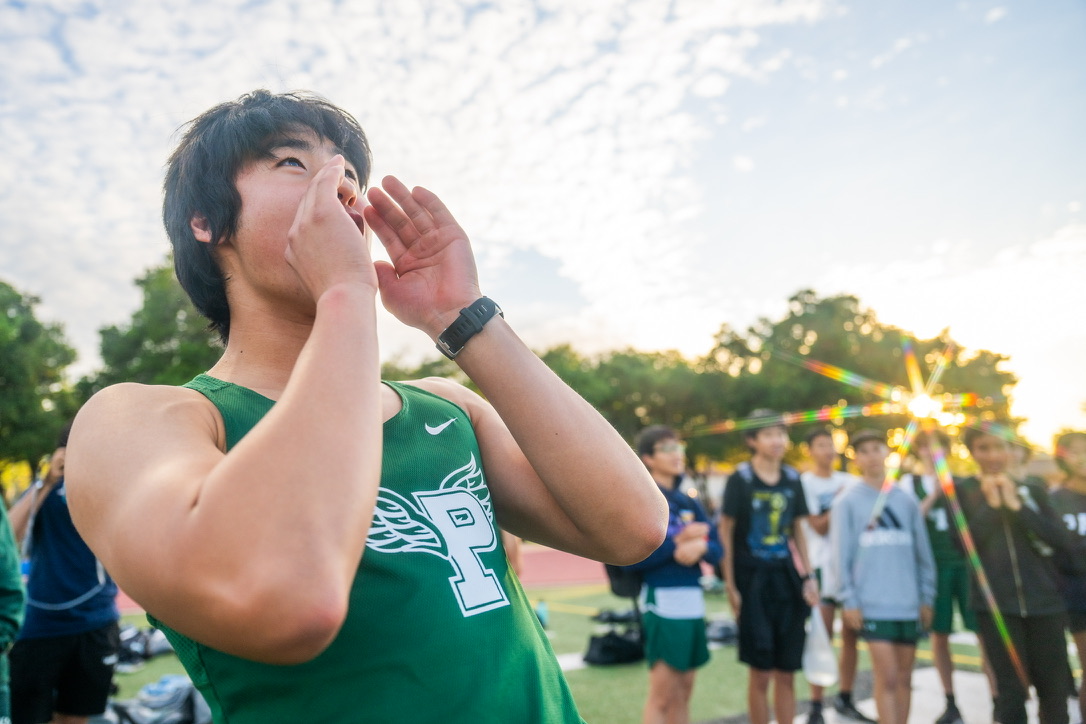Competing for a starting spot on a varsity team at Paly is always an ambitious process that takes weeks or even months to complete. But when the rosters come out, the second and third-string players are often left wondering if favoritism by the coaches played a part in the process.
“Obviously coaches are going to have players that they like more than others, but I think their job as a coach is to treat everyone equally,” junior volleyball player Becca Raffel said. “Naturally, there are players who [the coaches] might like more and have a better work ethic. But at the same time, [the coaches] have to teach everyone.”
Junior three-sport athlete Jacob, who wished to remain anonymous, believes that the coaches do try to give every player a fair shot, but the success of the team relies on the more talented players.
Often times, a team’s roster cannot be heavily modified during the season, making it harder for players who do not get as much playing time to show their talents.
“I think that the coaches do a good job of doing as [many] evaluations as they possibly can before the season begins,” Jacob said. “But I feel that once the season begins and positions are decided, it’s extremely hard to change [the lineup].”
Jacob says that players that are benched and do not get as much playing time as other players, “don’t get the opportunities to show off what they are capable of doing and… have to stand behind in the shadows and work their way just to get [the] opportunity.”
A January 2012 survey with data from multiple sources, including Michigan State University and USA Today, showed that the importance of playing time to impress their coaches often makes or breaks their outlook on their sport.
The survey showed that playing time issues and favoritism are more prevalent than one would think. According to the survey, 90 percent of youth who play sports would rather play more on a less successful team than be a “benchwarmer” on a winning team. In addition, over 45 percent reported being called names or insulted by their coaches. The line between talent and favoritism can be vague.
Sometimes more talented players are often immediately labeled as coach’s favorites. Senior varsity baseball player Sean Harvey believes the decision behind which players play must come down to talent, not necessarily favoritism.
“If you suck, you don’t deserve to play as much as someone who’s really good,” Harvey said.
Harvey also cited a player’s attitude, their work ethic, the skill of the opposing team and even the score of the game in progress as factors that influence a player’s playing time. Also, Harvey believes that a player that has extraordinary talent is not necessarily a coach’s favorite, but simply seems like one because of the amount of playing time they get.
“But I’ve never really experienced coaches picking favorites,” Harvey added.
David Ellis, a Maryville High School offensive line coach who has produced multiple Division I linemen, told the Daily Times of Maryville, Tennessee that favoritism should not be stigmatized because a favorite could mean a player works more than others.
“I do play favorites,” Ellis told the Daily Times. “And my favorites are the ones that work the hardest, that come ready to practice, who stay coachable. My favorites are the ones that listen the best, that know what they are supposed to do, who learn their lessons.”
With pressure for getting a college athletic scholarship as high as ever, every minute of playing time counts for high school athletes. While some Paly athletes believe that work ethic is the major factor in appealing to one’s coaches, the question will always remain as to whether or not an unfair advantage is given to certain players.





Scott Oxner • Jun 27, 2023 at 1:33 pm
What about when your kid is 9 years old and playing baseball on a rec team, but the coach benches him every 2nd inning and puts him in right field and last to bat in the lineup nonstop? I can understand playing your best talent lineup in big games, tournaments, playoffs, etc, but shouldn’t all of the kids get a chance in meaningless exhibition and regular season games?
My son told me he loves practices and hates games, because he doesn’t get to play in games. But they are just little kids starting out it’s not a rep team or AAA team or anything.
kaxiwuna.jouwweb.nl • Sep 1, 2017 at 1:11 am
Oh my goodness! Incredible article dude! Thanks, However I am going through problems with your RSS.
I don’t understand the reason why I cannot join it.
Is there anybody else having the same RSS issues?
Anyone that knows the answer can you kindly respond?
Thanks!!
car Bella • May 19, 2017 at 5:33 am
Great inspiration.